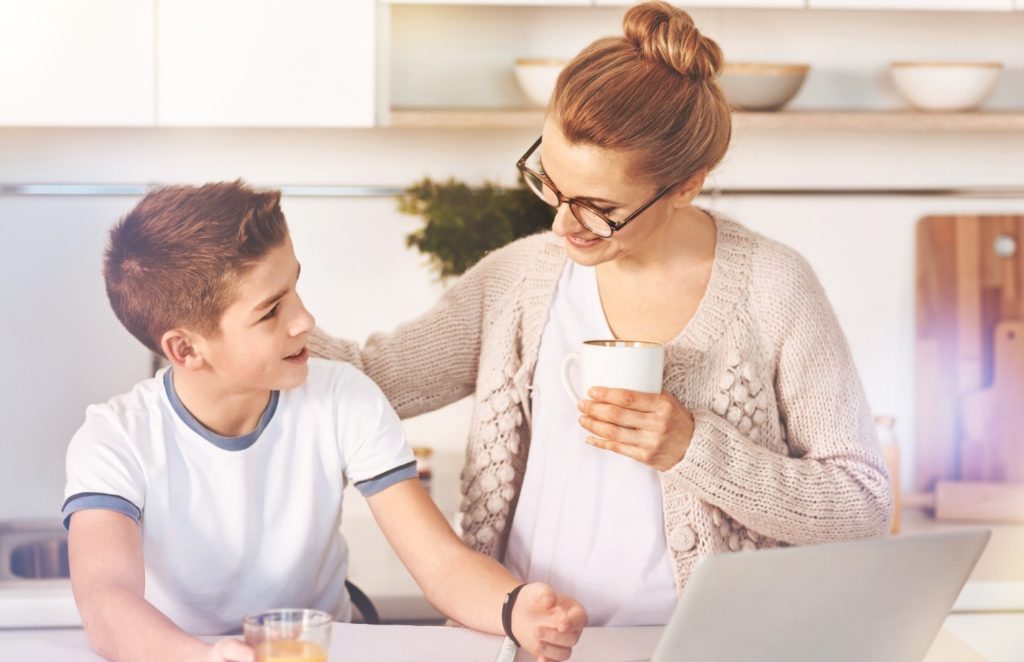Adalia Ellis Gives Talking Points on a Difficult Conversation
https://www.facebook.com/atlantadivorcelawgroup/videos/245348276891819/
How Do I talk about racism with my kids?
This is a question many parents have been struggling to answer now. All the hate crime and police brutality against the Black community weigh heavy on our hearts. These are not new things, but this painful reality is something we need to pay attention to. I know many of our clients are parents, and they are trying to figure out a way to explain to their children what they are seeing on the news and on our streets. As parents of young children, our litigation manager, Jeanetta Pyron, and I feel we have a responsibility to address this pressing issue and provide our clients with some resources to tackle this challenging topic.
To do this, we reached out to social activist and executive director of Aroha Afro Latin Dance LLC Adalia Ellis. Adalia is also the organizer of Convergence Symposium, which blends the arts with social activism. She is a mastermind of teaching young people, and now adults, how to learn about racial and social interaction. We were blessed to have Adalia join us for a live stream on Facebook and educate us on how to have these conversations with our kids about racism. This month, I would like to share some highlights from that conversation.
Where do we start the conversation?
“At the end of the day, where you start is with your heart,” Adalia told us. “Where you start is really helping our children understand that, yes, we are one human race, one human family. Regardless of the color of our skin or the texture of our hair, we are all the same . . . You are learning, yourself, and teaching your children to maneuver the world and see the world through the lens of oneness should include seeing diversity in that oneness. Saying things like, ‘I’m colorblind,’ or ‘I don’t see color,’ is actually dismissive. It doesn’t allow children to embrace that we can all have differences and still be one human family.”
How can I help my child not be scared about what’s happening?
“If you can connect what is happening now to history, it doesn’t feel so random or out of their control,” Adalia explained. “It’s not so scary if you can say, ‘This has been going on for a long time, and I can tell you exactly where it started and exactly why.’ This removes the sense of anxiety. It’s important to educate our children that this is 600 years in the making. It’s not just today. This is really old. That knowledge will help ground them so they can understand what is happening around them. It will probably still be scary, but at least they can talk to you about it. There’s nothing worse than being scared and not being able to talk to your parents about it.”
How do I talk to my kids about police brutality without scaring them away from going to the police when they need to?
“That was a hard conversation . . . People make choices. Some police officers have made the choice not to use their badge for good, but not all police officers are like this. If you are in danger, you go to the uniform . . . This conversation is slightly different for Black children, which is what makes it really hard for Black parents. The way this conversation would be different is if the police begin to change what they are doing. At the end of the day, that’s what needs to happen. There needs to be a fundamental change in the atmosphere the police are in. We can prepare our children as much as we want, but there has to be something on the other side of that that proves us wrong . . .
“This is a good opportunity for children to understand the repercussions of choices. You can say to them, ‘This cop chose to treat this person, this Black person, this way, and look at what happened. Not only did this man die, but two children are without their father. They don’t have their dad around anymore. And there are so many people who are hurt and angry about this that they are walking in the streets asking for change. And there are people who don’t want change who are joining them and destroying property.’ It can be that matter of fact. You can always bring it back to choices.”
I am so grateful to Adalia for taking the time to speak with us. This was such a powerful conversation, and we can barely scratch the surface here. One very important thing Adalia addresses is the fact that these conversations will be very different for parents of white children compared to parents with children who will be viewed as adults when they are just 12 years old.
So many of us want to make an impact, want to make a change. We can start by getting this right with our children.

